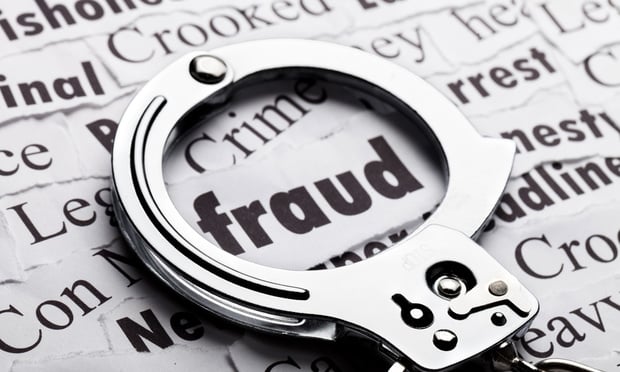NU Online News Service, Sept. 28, 2:00 p.m. EDT
An added financial burden from natural disasters is being placed on U.S. taxpayers because of government intervention in the insurance market, according to a report released by Lloyd's of London.
The report (Lloyds.com/usnatcatreport), “Managing the Escalating Risks of Natural Catastrophes in the United States,” calls for greater cooperation between government, insurers and planners in the U.S. to ensure that a greater emphasis is placed on managing and mitigating risk.
According to the report, the private natural catastrophe insurance market often is unable to function properly when, for public-policy reasons, government-run insurance programs or pools offer insurance that does not reflect the true price of the risk.
Lloyd's says in the report that insurance is not sustainable if it is offered at rates below what is required by sound, risk-based actuarial practices.
When insurance is not risk-based, according to the report, the wrong price signals are sent and there is little or no incentive to mitigate risk. In turn, this leads to wider adverse impacts on society, such as ruin of vulnerable environments and a reliance on emergency funds to help rebuild communities after catastrophic events.
The problem is illustrated by the current fight over disaster aid for Hurricane Irene, Lloyd's says. Lawmakers can't agree on where the aid should come from and whether it should be offset by cuts to other federally funded programs.
Data from the Census Bureau shows that 35.7 million people were seriously threatened by Atlantic hurricanes in 2008, compared with 10.2 million in 1950, the study reports.
It adds that if there is a healthy private-insurance market, the government will be relieved of some of its financial exposure to natural disasters. This would enable it to focus assistance on the most needy in a more targeted and sustainable way.
By developing alternative strategies to tackle the costs of natural disasters—for example by promoting risk-mitigation initiatives—the government can work alongside insurers to encourage a better attitude to risk in society, Lloyd's says.
“The private insurance market has a crucial role to play in helping communities and economies recover from disaster,” Sean McGovern, director, North America at Lloyd's says in a statement. “We need to go back to first principles and redraw the boundaries between government intervention and the private market. The cost to the U.S. taxpayer is huge and is not sustainable.”
The issue has gained more urgency as catastrophic losses have mounted and the U.S. economy has declined, notes the report. In the 2011 first half alone, economic losses from natural catastrophes in the U.S. totaled $27 billion, according to the Insurance Information Institute. This year is on track to be one of the costliest on record for the insurance industry, Lloyd's says in the report.
Lloyd's points out that there is a need to develop a better understanding of the potential costs of natural disasters to those affected and to the wider economy.
Both the insurance industry and the government need to help individuals and communities understand the steps they can take to mitigate the potential consequences of catastrophes and adapt to the future impacts of climate change. This could significantly reduce the impact and costs of natural disasters.
Want to continue reading?
Become a Free PropertyCasualty360 Digital Reader
Your access to unlimited PropertyCasualty360 content isn’t changing.
Once you are an ALM digital member, you’ll receive:
- Breaking insurance news and analysis, on-site and via our newsletters and custom alerts
- Weekly Insurance Speak podcast featuring exclusive interviews with industry leaders
- Educational webcasts, white papers, and ebooks from industry thought leaders
- Critical converage of the employee benefits and financial advisory markets on our other ALM sites, BenefitsPRO and ThinkAdvisor
Already have an account? Sign In Now
© 2024 ALM Global, LLC, All Rights Reserved. Request academic re-use from www.copyright.com. All other uses, submit a request to [email protected]. For more information visit Asset & Logo Licensing.








